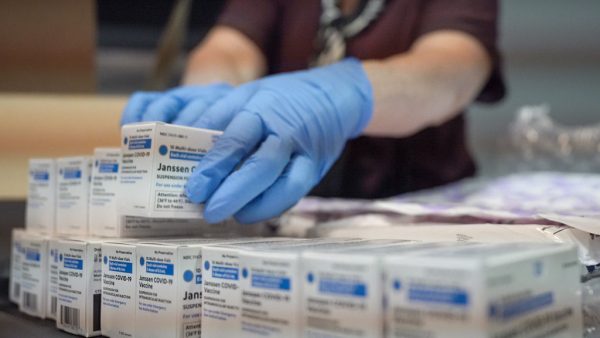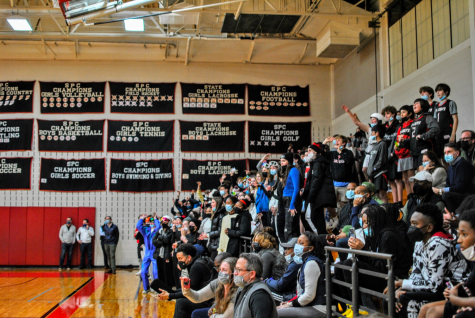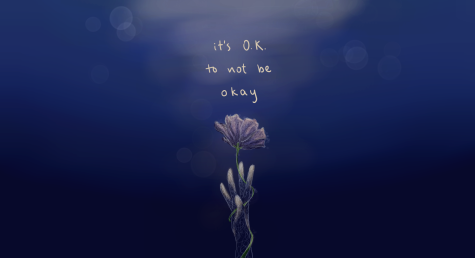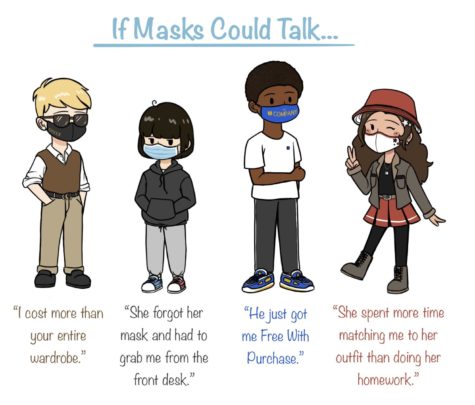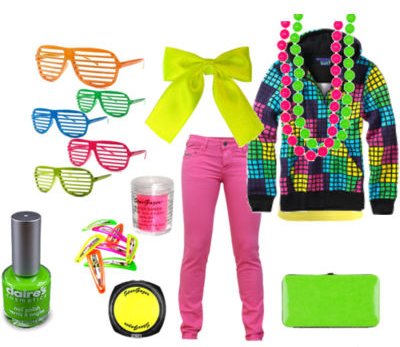Help a cancer patient: Get vaccinated
Everyone has a reason for getting vaccinated—or not. While some people think vaccines are a form of medical tyranny, others are trying to stop the spread of COVID.
I think of my brother.
Some of my happiest and most brutal memories involve my little brother: his first steps, going to Disney World and the day he was diagnosed with Non-Hodgkin’s lymphoma.
When I was in fifth grade, my two-year-old brother Colin was in a hospital bed, snuggling with cookies and snacks that he couldn’t eat because his treatment caused him too much pain. For five months, members of my extended family came to watch me and siblings while Colin received treatment.
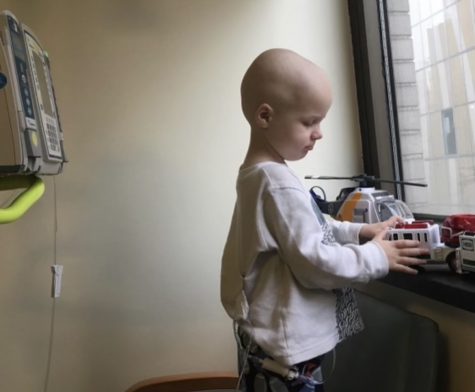
He lost weight, celebrated his third birthday in the hospital and had the remains of his beautiful curly blond hair.
His treatment consisted of a constant flow of drugs into his system—the most alarming of which was given the nickname of the Red Devil, because it makes a patient’s face turn bright red.
My parents gave the doctors permission to administer medication that could cause lifelong damage including loss of vision or appetite, seizures, throat sores and learning disabilities. Despite the alarming possibilities, they signed the forms because they would rather him survive with a learning disability than not survive.
Chemo destroys a patient’s immune system in order to kill the cancer, and after they are cancer-free, patients have to get all their vaccines again. Because they cannot fight off illnesses the same way people with a healthy immune system can, even a cold can be devastating. Without an immune system, they have to count on everyone around them to be safe.
For the first six months after finishing chemotherapy in 2017, everyone in our family had to be extra careful about not getting sick themselves, so we ate outside, wore masks and stayed away from anyone who had a cold. We were truly ahead of our time.
COVID is no different. People at higher risks of death or severe complications due to COVID, including cancer patients, the immunocompromised and those who are medically unable to receive the vaccine, are counting on everyone else to get vaccinated.
When vaccines were approved for 12-15 year-olds, I signed up right away. Questionable sources have reported on side effects—the vast majority of which are false. According to the CDC, the vaccine will not affect your fertility, now or ever. There’s no evidence that the vaccine will cause cancer, even if your cousin’s friend in Trinidad says it will.
Hospitals are at capacity, primarily with unvaccinated people. By now, we know you can still contract COVID, even if you are vaccinated, but getting the vaccine could mean the difference between having what feels like a case of the flu or being on the brink of death. In Texas, unvaccinated cases make up 99.8% of hospitalizations, while “breakthrough cases” make up only 0.4% of deaths.
My brother is now almost five years cancer free. He likes reading and drawing maps, playing baseball and building Legos cities. The scar on the left side of his collarbone is a reminder of how much he has endured.
There are fifteen thousand pediatric cancer patients in the U.S. who could die if exposed to COVID. So don’t be part of the problem: get vaccinated. It’s not about you.
September is Pediatric Cancer Month. For more resources and information on pediatric cancer, visit this document.

Lauren Baker ('24) joined The Review in 2021 as a sophomore. She is an avid George Michael fan and likes Greek yogurt with honey.




